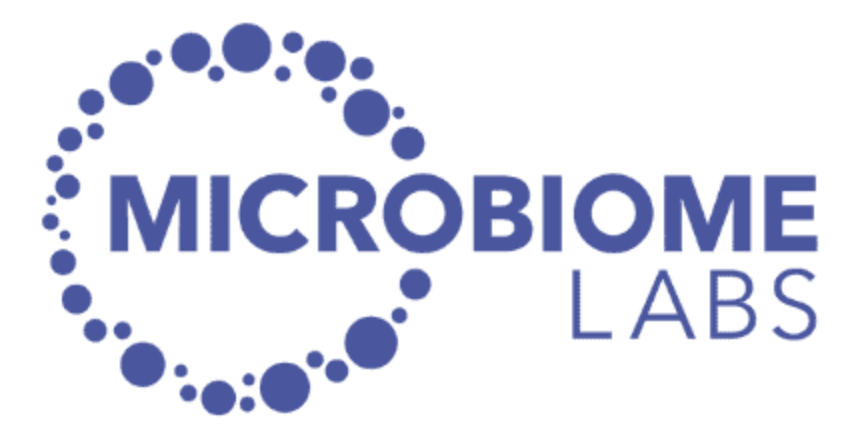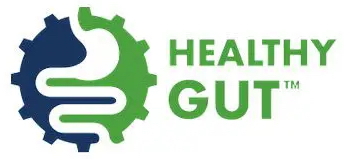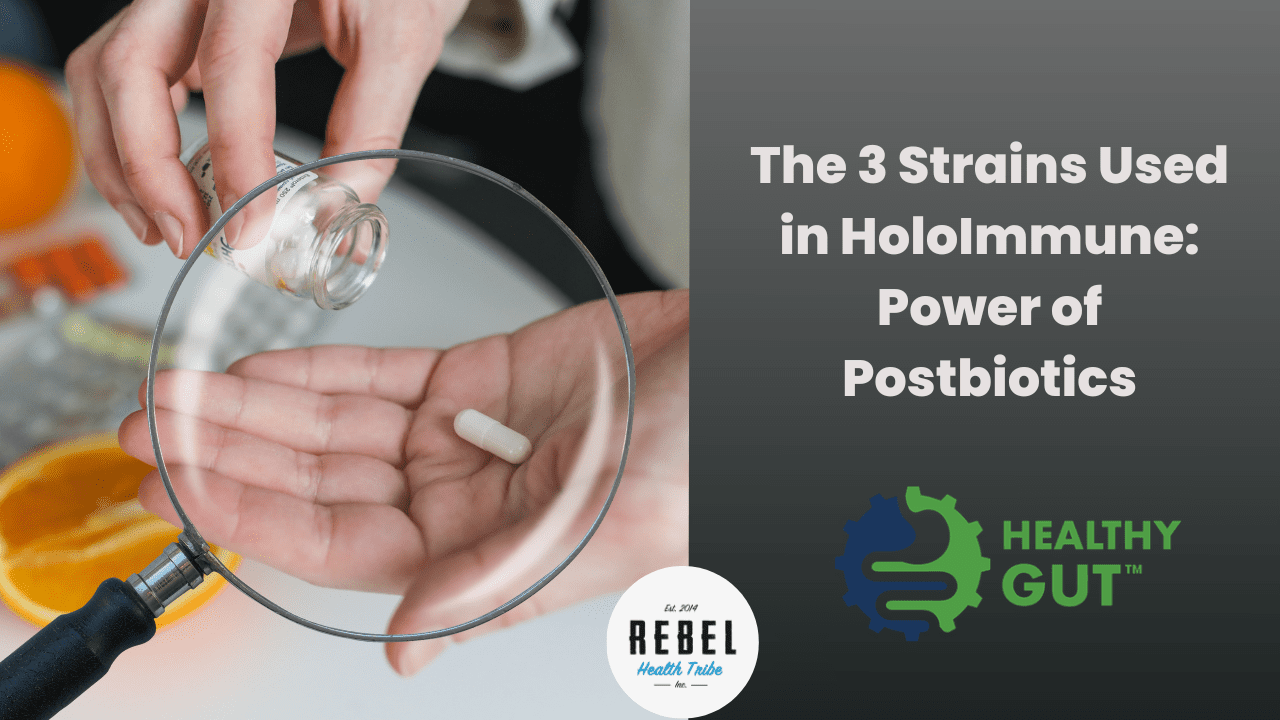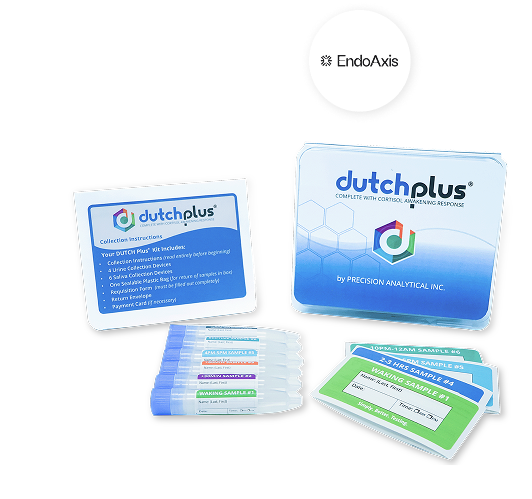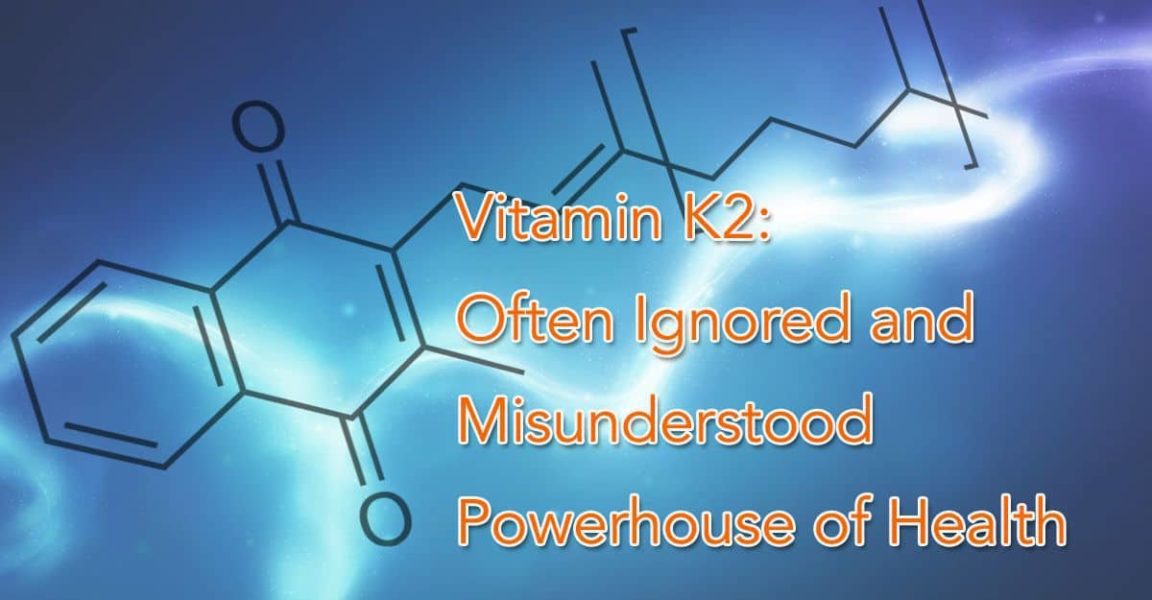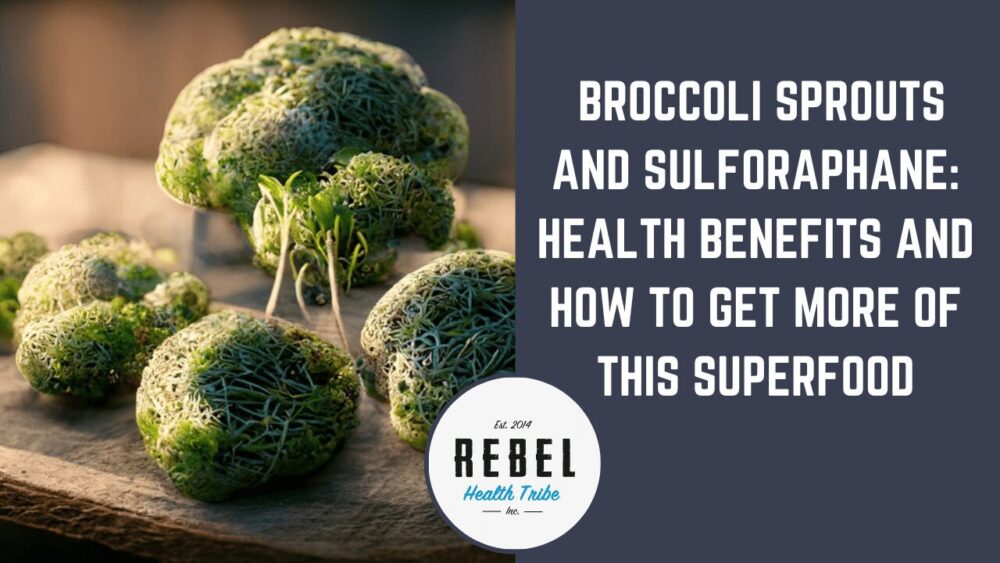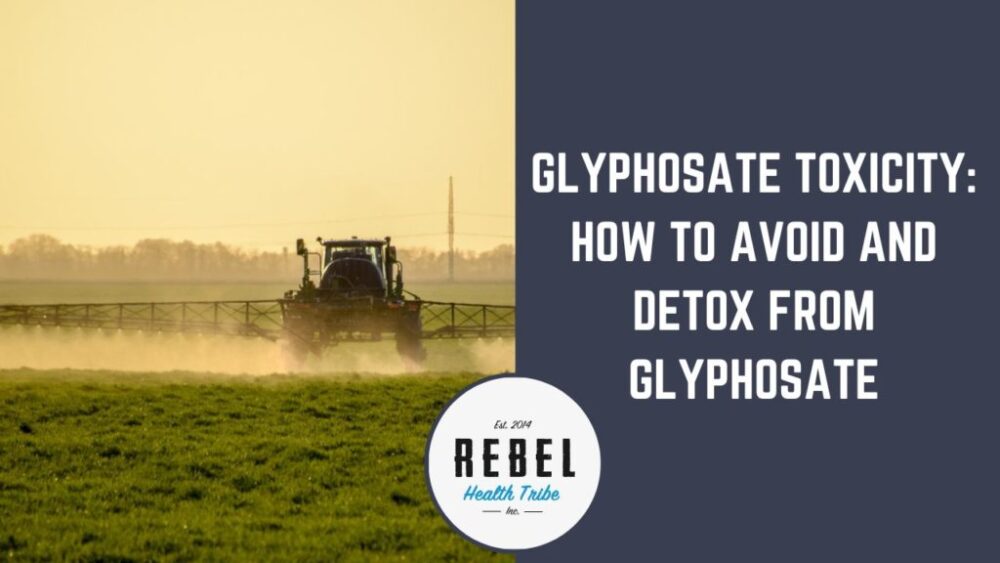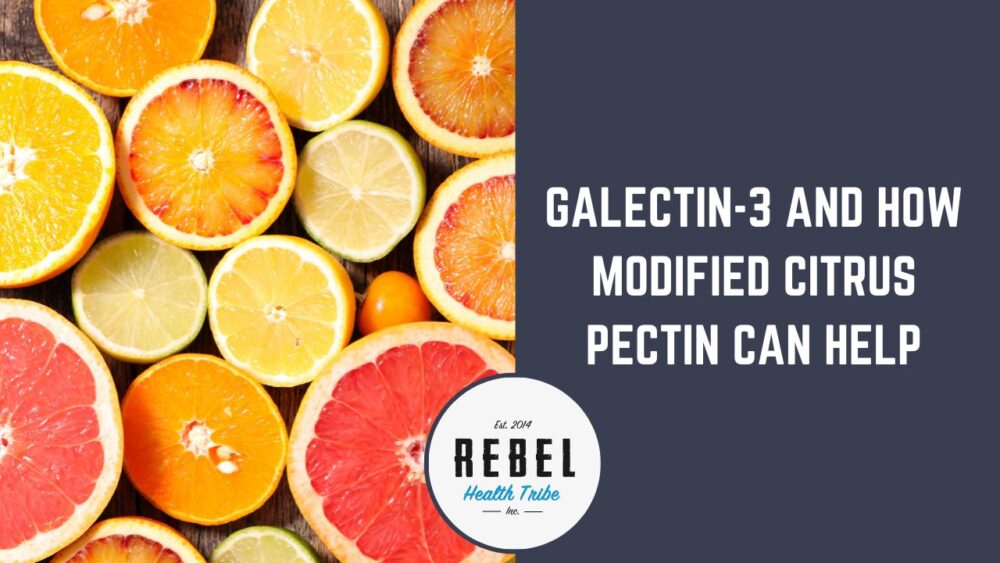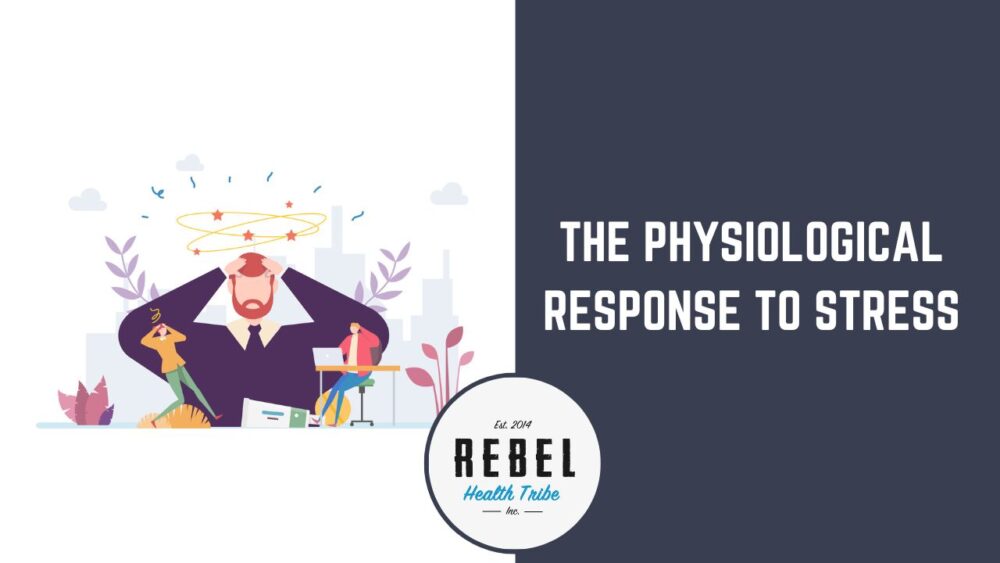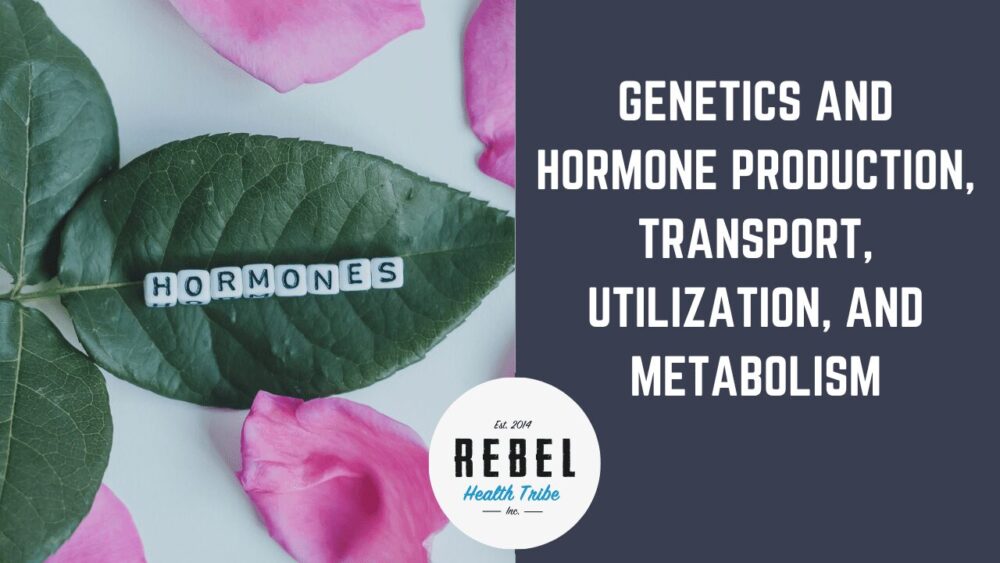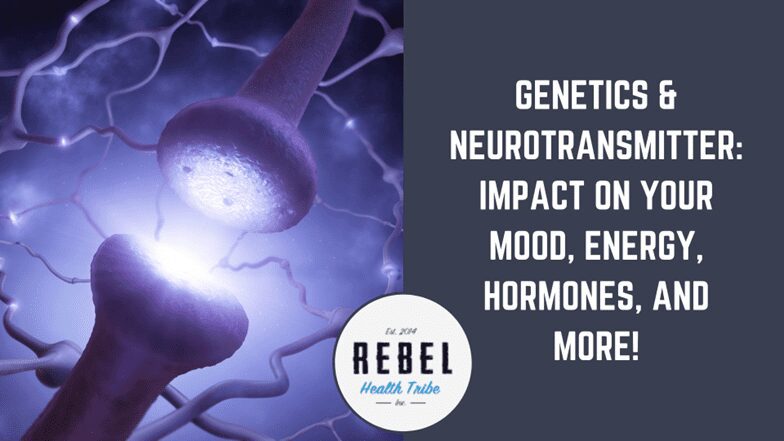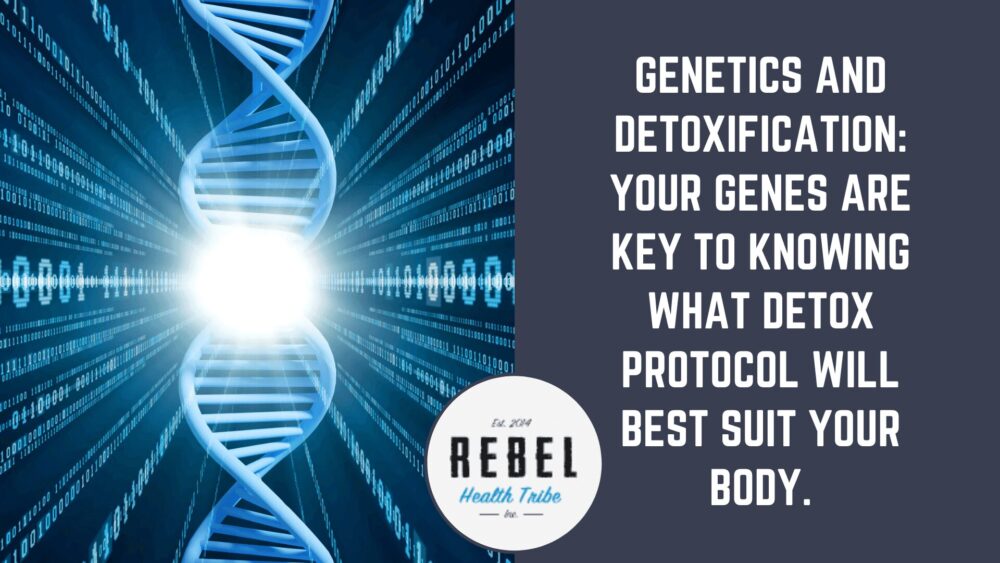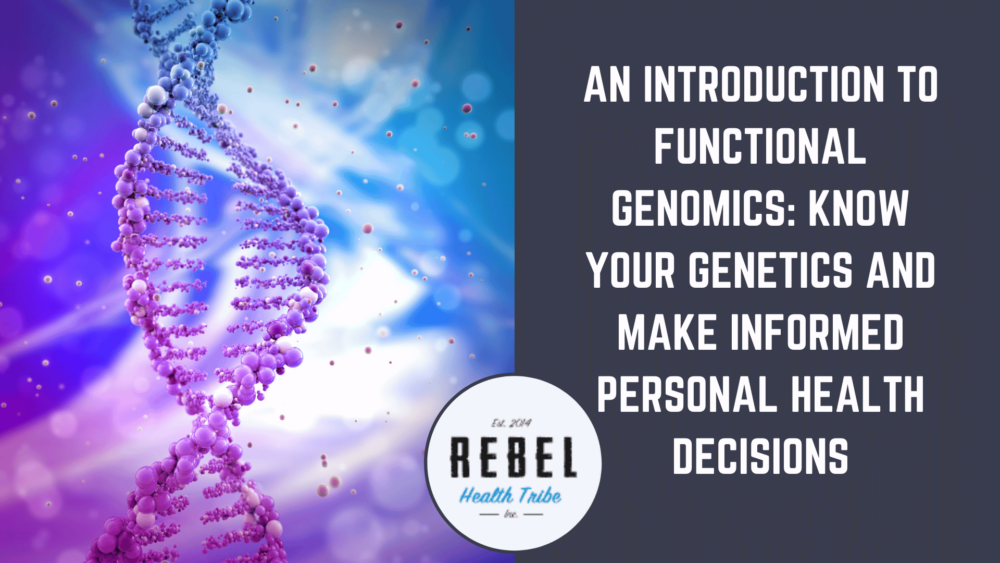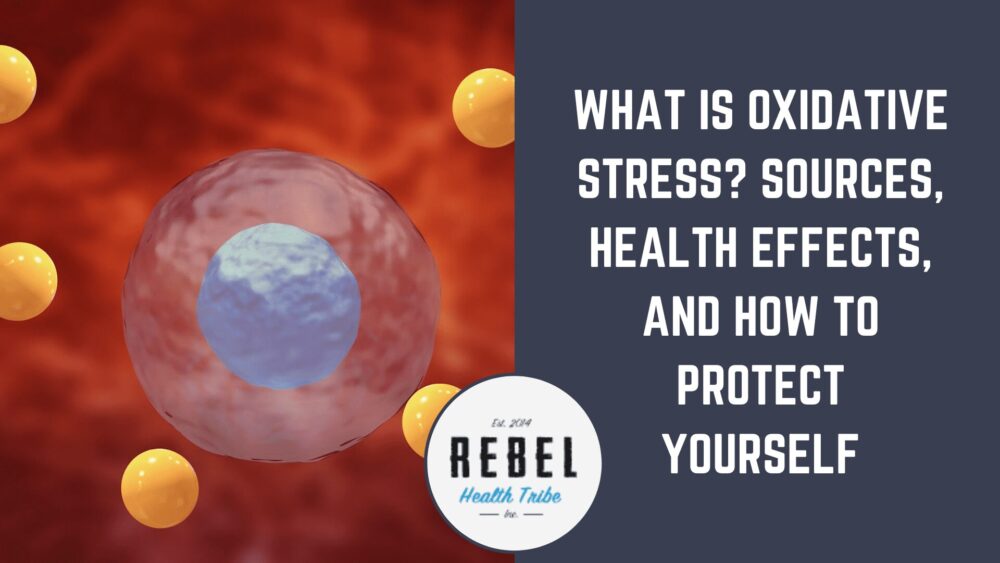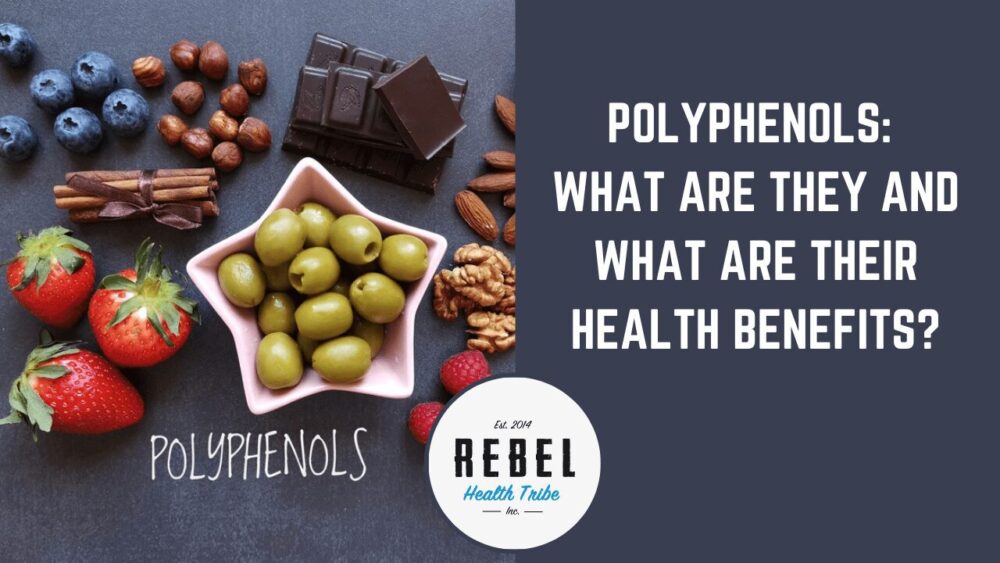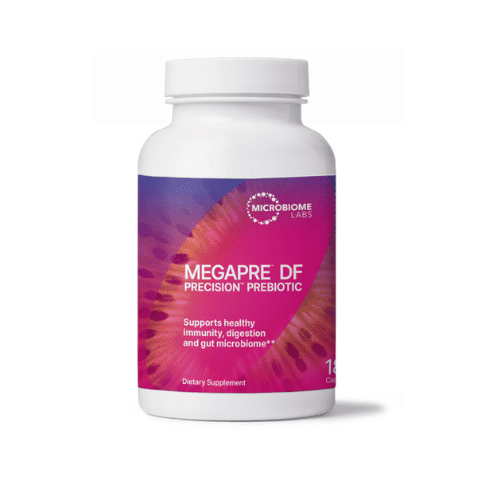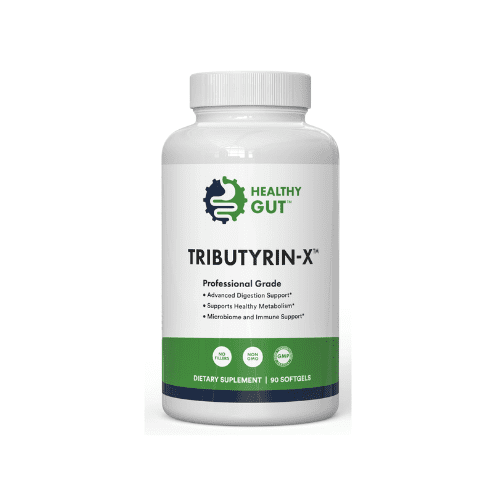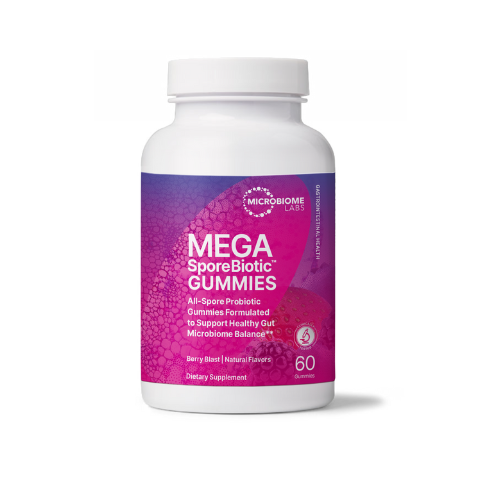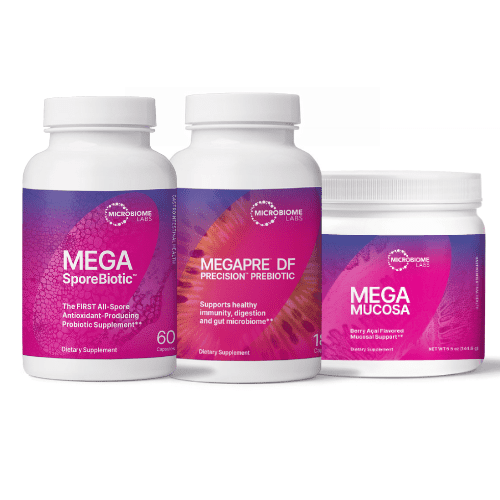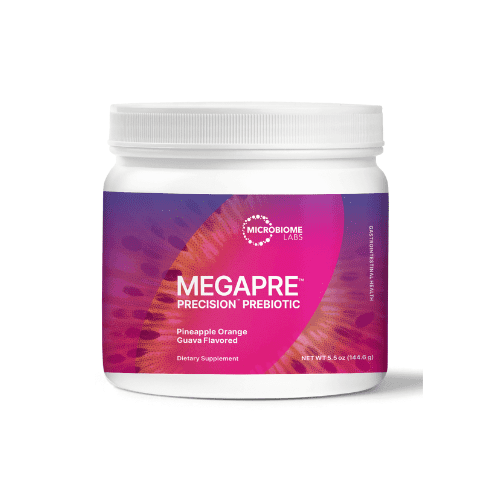Walk into any GNC or other health food/supplement store and you’ll see hundreds, likely thousands, of products. These will include vitamins, minerals, protein shakes, herbs, tonics, probiotics, and anything else one could possibly imagine. As a practitioner and health advocate for almost a decade at this point, I’ve investigated dozens, probably hundreds of various nutritional supplements. From my perspective, blind supplementation, without guidance or a specific need, in many cases, can do more harm than good. I’ve found a few exceptions to this rule over the years, and so have a very few, select products/supplements that I do recommend to the general population.
Vitamin K2 has become one of those general recommendations over the last year or so, as I’ve been learning more about this incredible, often overlooked, vitamin powerhouse. As more and more people are learning of K2 and it’s relationship to bone health, cardiovascular health, Vitamin D, calcium, and other inter-related topics – we’ve been getting a number of inquiries pertaining to the subject. Therefore, I felt it an appropriate time to do some serious investigation into Vitamin K, its forms and functions, potential benefits, and then on to finding the best possible option for those who would like to explore the supplemental end of things.
I recently interviewed Microbiologist Kiran Krishnan, the Chief Science Officer at Physicians Exclusive, the makers of the revolutionary probiotic product MegasporeBiotic. You may recognize Kiran from our incredibly popular Microbiome Series Webinars, which are attended by dozens of doctors and practitioners, as well as thousands of health detectives and information seekers. Kiran has been researching and working with Vitamin K2 for over 15 years, and to say the interview was informative would be massive understatement!
Vitamin K1: The “Other” Vitamin K
When we speak of Vitamin K, there are two forms that need understanding. First, let’s discuss a few details pertaining to Vitamin K1:
- Found predominantly in leafy green vegetables
- Found almost exclusively in the liver – Sequestered in the liver
- Main function relates to blood coagulation (clotting)
If you’re on blood-thinning/anti-coagulant medications, it’s likely you’ve been warned regarding the consumption of Vitamin K. Related to those medications, it’s Vitamin K1 that is the concern. If you are on these types of medications, please consult with your physician before changing your diet or considering any Vitamin K-related supplementation.
As mentioned, Vitamin K1 is almost exclusively found in the liver, and sequestered there. If one is deficient in K1 and they consume (either food or supplemental) K2, the liver will essentially steal or hoard that K2, preventing it from reaching the rest of the body. This becomes important later on, so make a mental note.
Vitamin K2: The Basics
This is the star of the show, so let’s get some of the facts straight about this amazing fat-soluble vitamin before we move onto more detailed research and benefits.
- Initially goes into the liver, but is then sent out to peripheral tissue/rest of the body
- Some of the highest concentrations are found in the brain (keep this in mind). There is even a specific transport system to get it into the brain!
- As far as food sources, the fermented soy food, Natto, has (by far) the highest concentrations of K2. You can also find K2 in certain fermented cheeses, grass-fed butter (to a lesser degree), and organ meats (from healthy animals).
- K2-7 is the most bioavailable, most stable form for increasing K2 levels across the body. K2-7 can be converted to K2-4, which is why most K2 found in animal meats/organs is in K2-4 form. That isn’t possible to extract, and there is no natural (all are synthetic) source of K2-4.
- Bacillus Spores (familiar to anyone who takes/knows MegasporeBiotic) produce a significant portion of the K2-7 found in Natto, and are nature’s K2 production factories!
- K2-4 (synthetic) and Natto are both prescribed as medicine in Japan, K2-4 for Osteoporosis, and Natto for Dementia.
- The main function of Vitamin K2 is carboxylation (activation) of at least a dozen different proteins which perform essential functions in the body. The proteins are produced/released in their inactive form, and require K2 for activation. (More on this coming up)
- K2 is essential for bone production, cardiovascular health, mitochondrial health/energy production, as well as brain and nervous system health.
Supplemental Vitamin D Without K2 = Hypervitaminosis D (or Vitamin D Toxicity)
With the current craze of extremely high dose Vitamin D supplementation comes the sobering fact that over-supplementation with Vitamin D (yes, even Vitamin D3) without adequate K2 (and other fat soluble vitamins, co-factors, etc…) can cause some rather serious problems. As mentioned, Vitamin K2 activates essential proteins in our body, which perform very important functions.
One of those proteins is called Osteocalcin.
What does it do? Well… this gets pretty heavy, so we’ll just cover the basics. Osteocalcin takes calcium out of the blood (where it doesn’t belong) and essentially puts it into or lays it down as bone, creating a bone matrix. Vitamin D triggers the release of inactive Osteocalcin, which then requires adequate Vitamin K2 to activate and be able to perform its function of removing calcium from the blood and putting it into bone.
If we supplement (especially extremely high levels, which is common) Vitamin D, and are deficient in Vitamin K2 (almost everyone in the western world at this point), we will produce a ton of Osteocalcin, but it will not be able to do its job, and we will see the calcification of our tissues begin to take place.
Why is this a big deal? Well… for starters, bone regeneration/production will be inhibited, contributing to Osteoporosis/Osteopenia. Secondary, and not any less important, that calcium will begin finding itself into our arteries, soft tissues, and elsewhere in the body where it doesn’t belong. This causes a hardening of the arteries (Cardiovascular Disease), and can contribute to poor skin tone, increased wrinkles of the skin, low energy, brittle hair and nails, chronic tissue/joint pain, poor circulation, and many other unwanted effects.
The clinical term for this situation is Hypervitaminonsis D, or Vitamin D Toxicity. The symptoms/pathology match almost identically with Vitamin K2 deficiency.
“But I’m low in Vitamin D and need to supplement!”
To answer this, let’s do a little review of Vitamin D physiology for those who aren’t familiar. How do we naturally produce Vitamin D? Simple.

Sunlight + Cholesterol (yes, that cholesterol) = Vitamin D. That’s a bit simplified, but works for our purposes here. So if you combine low exposure to the Sun (most people) with low-fat diets (people are still afraid of fat/cholesterol, even though the research is overwhelming clear on the subject at this point) and then throw in things like Statin drugs, which intentionally lower cholesterol levels – you have a massive recipe for Vitamin D deficiency.
Something else to consider is that the measurement used at least 90% of the time to assess Vitamin D status is the storage form of Vitamin D (25-Hydroxy), not the active form of Vitamin D (1,25 OH). It’s very possible that one is not deficient in the active form, and therefore supplementing can drive active, functional levels too high.
Our recommendation would be to get out in the Sun as much as possible (without burning), even if you’re in colder climates, and if you’re in a place where there isn’t much good sunlight for months – a lower dose D supplement with ample Vitamin K2, Vitamin A, and co-factors such as Magnesium can be used temporarily. A great source of fat soluble vitamins and other essential fatty acids are cold-water fatty fish, such as Sardines. (If you’ve never tried them, you may be surprised at how good they actually taste!)
In summary:
Excessive Vitamin D Supplementation (without K2, etc…) = Vitamin K2 Depletion = Increased risk for Heart Disease, Osteoporosis, and many other chronic health conditions. This will also disrupt the balance and function of Vitamins A & E, the other fat-soluble vitamins.
Vitamin K2: Bone Health & Cardiovascular Disease
As we just discussed, a deficiency in Vitamin K2 (especially when combined with excess Vitamin D supplementation) can, and does, lead to the calcifcation of our tissues. Another protein, called MGP (Matrix Gla Protein), is also responsible for removing calcium from blood vessels. A deficiency in Vitamin K2 (used up quickly in the presence of Vitamin D supplementation, in addition to the fact most people are deficient to begin with) will also prevent this protein from being able to do its job – landing even more calcium in our arteries and veins. In extreme cases, you can even see the honeycomb structure of bone starting to build in arteries. It doesn’t take a master physiologist to know that bone being laid down in arteries is not a healthy situation.
ROTTERDAM STUDY – 4800 Patients – K2 and Cardiovascular Disease
- Patients were split into two groups, with one receiving a minimal amount of supplemental K2 (below optimal dose) and other group received none.
- The group receiving only minimal K2 had over 50% lower mortality from Cardiovascular Disease
BRITISH JOURNAL OF MEDICINE – 2012 – Post/Peri-Menopausal Women Supplementing with Calcium
- For every one positive result related to osteopenia/osteoporosis, there were TWO negative heart-disease related results
- Supplemental Calcium w/o K2 = Calcification of blood/tissues/arteries
- We eat plenty of calcium and most people don’t need supplementation. Like with Vitamin D, requires K2 to be utilized.
As previously mentioned, Vitamin K2 is prescribed as medication in Japan for the treatment of Osteopenia/Osteoporosis, and for good reason. There isn’t a more effective single supplement/vitamin in existence when it comes to building strong bones and preventing bone loss. This is demonstrated by an understanding of basic Vitamin K2 physiology and dozens of studies over the last several years. (Please inquire for more!)
Kids and Bone Health
Somewhere between the age of 25-30, our bodies start to lose bone density. Obviously, this can be slowed/prevented to some extent via healthy diet, lifestyle (especially via strength training), and supplementation – but ultimately, it’s unavoidable. Therefore, our bone density at this age, just before the decline, is very important in determining our status/bone density for the rest of our lives.
Kids bones turnover/regenerate at approximately 8 TIMES the rate of adults. They are growing, their bones are increasing in density, and therefore they have an even greater need for proper/optimal calcium utilization and Vitamin K2. They also (unfortunately) tend to have even worse diets than their parents. (Which is fairly incredible given the current state of health in America) While studies on kids are a little more limited, there is evidence that children who have adequate K2 in their diet (or supplemental) develop stronger bones, higher peak bone mass (density reached before decline), and experience fewer fractures/bone-related injuries.
K2 is also immensely important for brain development and nervous system health. If you review the common dietary sources of Vitamin K2 earlier in the article, you’ll find that most kids generally aren’t eating an abundant amount (if any) of those sources.
Just a little food for thoughts! Kids may actually be at a greater need for additional K2 than adults!
Vitamin K2: Diabetes, Cancer & Neurological Diseases
As if the potential benefits related to bone health weren’t enough, there are literally hundreds of studies pertaining to the benefits and functions of Vitamin K2 in relation to diabetes, insulin sensitivity, various types of cancer, neurological diseases, and several other health conditions. Seeing as you’ll find Vitamin K2 active in almost all tissues/systems of the body, this isn’t surprising. You can watch the video above for a more complete breakdown, but here are some highlights and major points to know:
AMERICAN JOURNAL OF MEDICINE – Hepatitis B & C Patients – Liver Cancer
- People with Hepatitis are far more likely to develop liver cancer than the general population.
- One group was given supplemental Vitamin K2, the other was not.
- K2 Group = 10% developed liver cancer.
- No K2 Group = 47% developed liver cancer.
Several studies from Tufts University have shown a significantly reduced diabetes risk and improved insulin sensitivity among those who take Vitamin K2.
HEIDELBERG COHORT STUDY – 28k Patients – Prostate Cancer
- Men with adequate K2 intake showed a 30% reduction in prostate cancer rates
ANIMAL MODEL (BELGIUM) – Parkinson’s Disease
- Parkinson’s involves the ‘death’ of neurons, and the loss of motor function
- Addition of K2 in the animal models appeared to reactivate neurons and reverse some of their Parkinson’s symptoms
- This is only an animal model, but encouraging none-the-less, and makes sense considering K2 is found in very high concentrations in the brain and seems to play a significant role in the health & regeneration of nerve cells
As previously mentioned, Natto (fermented soy product, high in K2-7) is prescribed as a treatment for Dementia in Japan. It has been used as medicine there for decades, possibly longer. (I believe Kiran said it was more like hundreds of years)
Kiran has personally been involved in studies that showed up to an 80% reduction in diabetic neuropathy (nerve-related pain/discomfort), which could be life-changing for anyone who suffers from neuropathy.
In addition, he was recently involved with a study at the University of North Texas which showed supplemental Vitamin K2 to increase cardiac output (the volume of blood pumped with each beat) by 15% over the course of several weeks. To put this in perspective, it would likely take months of athletic training to equal this type of improved cardiac output. For a trained athlete, this would result in 160 more liters of oxygenated blood that would circulate in their body over the course of one hour of training.
Increased cardiac output is one of the major benefits of regular exercise. This 15% could make an immense difference for those with circulation issues, and/or highly trained athletes looking for increased performance. Regardless of your athletic goals, significantly improved cardiovascular function is definitely a positive!
How or why do we see this benefit? It’s thought that K2 plays a role in muscle contraction (calcium does, and K2 is involved w/ anything that involves calcium) – which could explain why it has also been shown to be helpful for those with cramps, Restless Leg Syndrome (RLS), and other nerve/muscle related issues.
Introducing MegaQuinone – The World’s Most Complete Vitamin K2 Supplement
After working with MegasporeBiotic for the last year, and getting to interview and work with Kiran on a regular basis, I was very excited when I learned he was working with a team to develop the world’s best K2 supplement. He has been working with K2 for over 15 years, on the raw materials end of the supplement industry, helping several companies to develop their own K2 products. After years of making recommendations to these companies on how to optimize their products (and them not taking his advice), and many of their doctors who work with MegasporeBiotic requesting them to do so, he (along with his team) decided to produce a K2 product of their own.

Enter MegaQuinone, the world’s most complete Vitamin K2 product. There are a few main factors to consider with Vitamin K2 supplementation:
- Vitamin K1 – As mentioned earlier, if one is deficient in K1 (most people are), and they take supplemental K2, the liver will essentially steal the K2 to satisfy its own needs. Therefore, they have included enough K1 in the product to satisfy the liver’s needs in even the most depleted individuals. This will insure the K2 is getting to where it needs to go throughout the body!
- Stability – K2 is a very sensitive, very active compound. It is sensitive to light and other variables, which can quickly degrade and reduce the potency of a product. Many K2 products on the market, when tested, show limited availability/functionality. MegaQuinone is the only all-natural pharmaceutcal-grade K2 product on the market with 100% potency guaranteed.
- Optimal Dose of K2 – 150mcg is generally the highest dose you’ll find in products currently on the market. (K2-7) However, the research points toward a level closer to 320mcg as the optimal dose. This dose has shown 97% carboxylation of proteins, which is a good measure of the effectiveness of a K2 supplement. (Re-read the first section of this article or watch the interview for info on carboxylation) This dose has been shown to be most beneficial in regards to increasing cardiac output, reducing neuropathy, and having positive effects on mitochondria/energy production – all without causing excessive build-up. (Too much of a good thing can be not-so-good!) MegaQuinone is the only K2 product on the market utilizing this optimal dose of 320mcg.
- Supportive Ingredients/Co-Factors – Like all vitamins/nutrients, etc… Vitamin K2 requires several co-factors to optimally perform its functions. Three main co-factors for Vitamin K2 are Magnesium, Zinc, and Boron. MegaQuinone is the only Vitamin K2 product on the market to include these essential co-factors in the optimal dosage – providing maximum effectiveness.
Here’s the bottom line: We get pitched almost daily by companies asking us to promote their supplements or products. As you know, we’re incredibly choosy with which products we put our name behind and we have to say “no” to more than 99% of those products. The truth we’ll never tell you about a supplement that we don’t use and benefit from ourselves. Along with MegasporeBiotic and very few, very specific supplements, MegaQuinone is officially part of my daily routine.
If you’re interested in learning more, here’s what to do next: Register and gain access to the MegaQuinone page where you can learn even more and save 10% off your order.
Have questions? Feel free to post them in the comments below.

